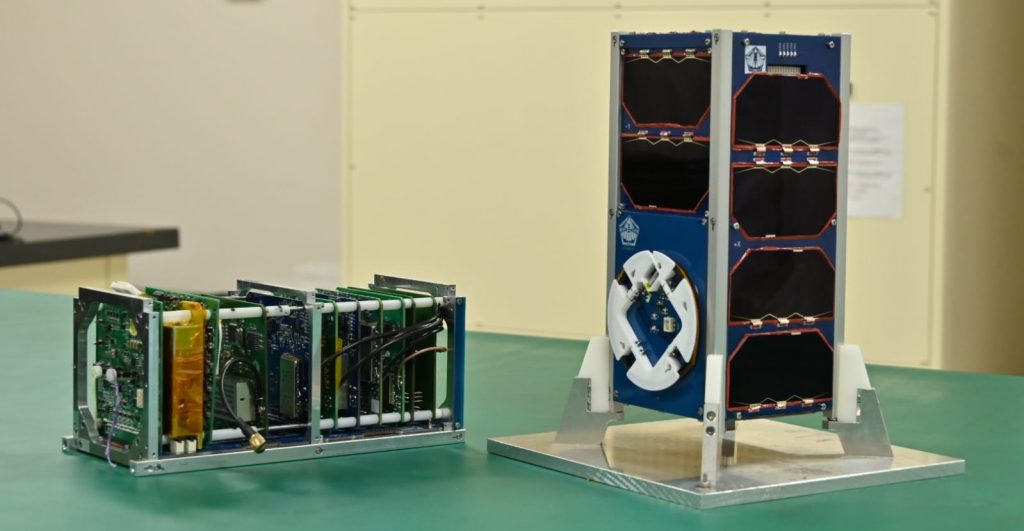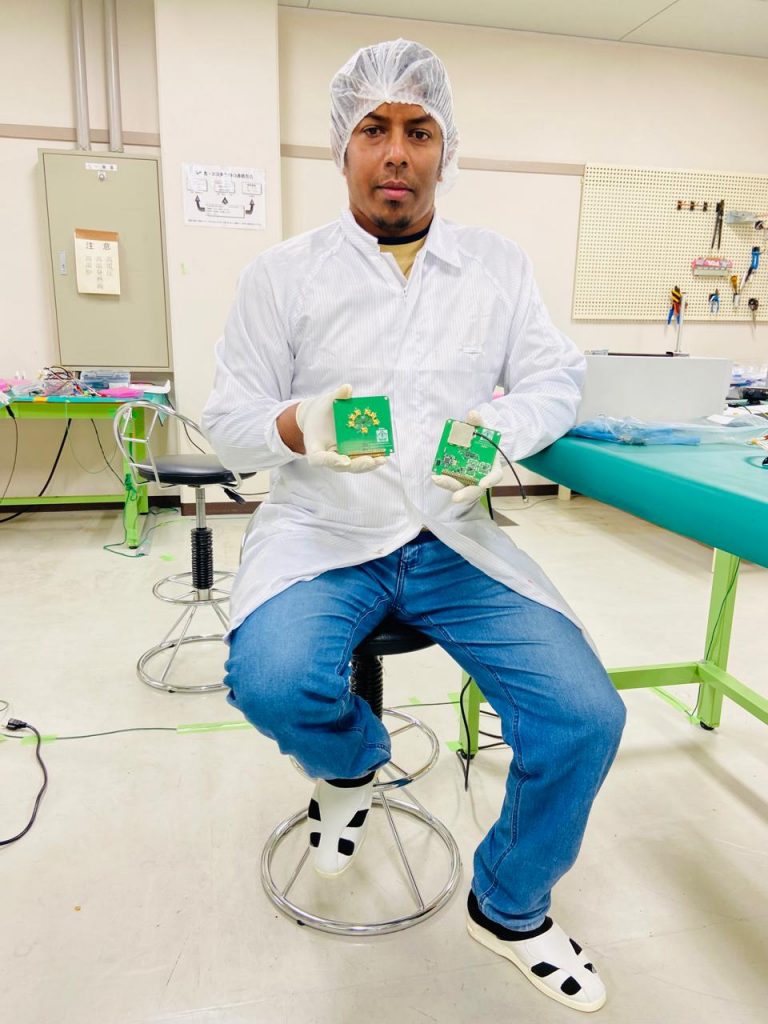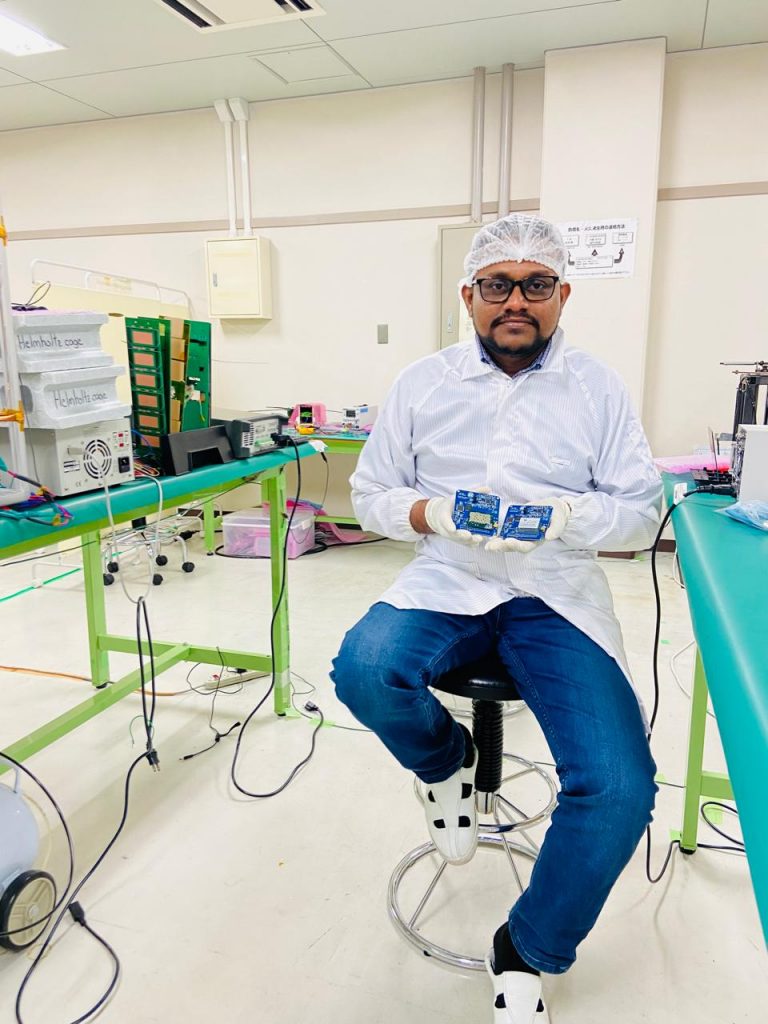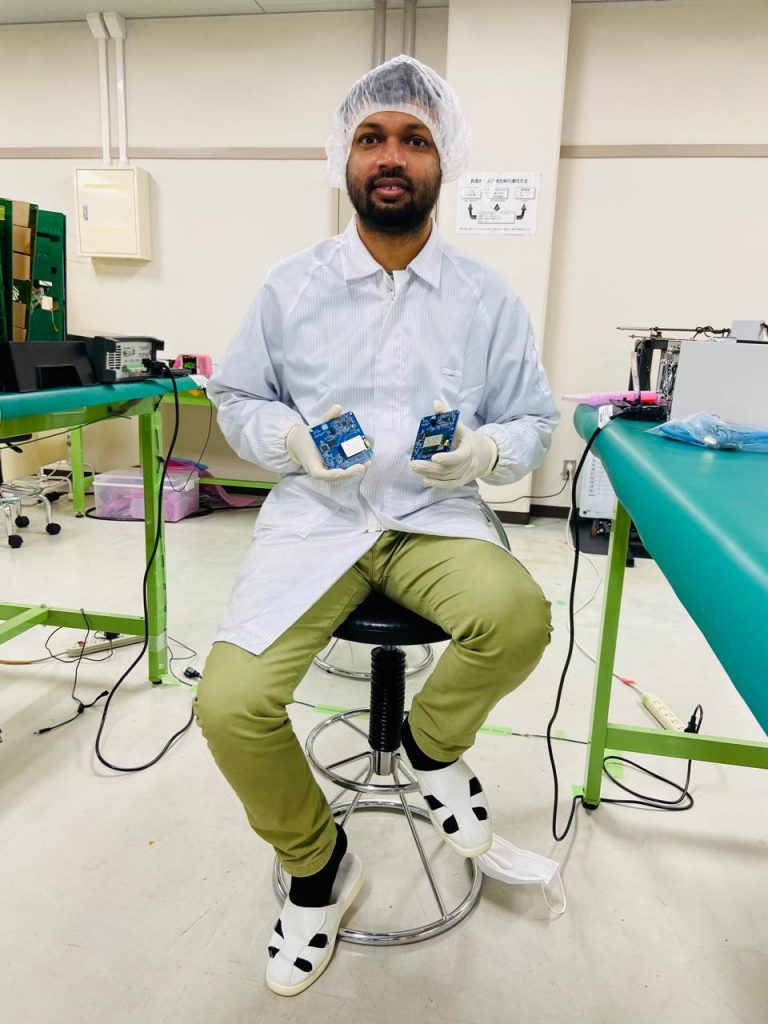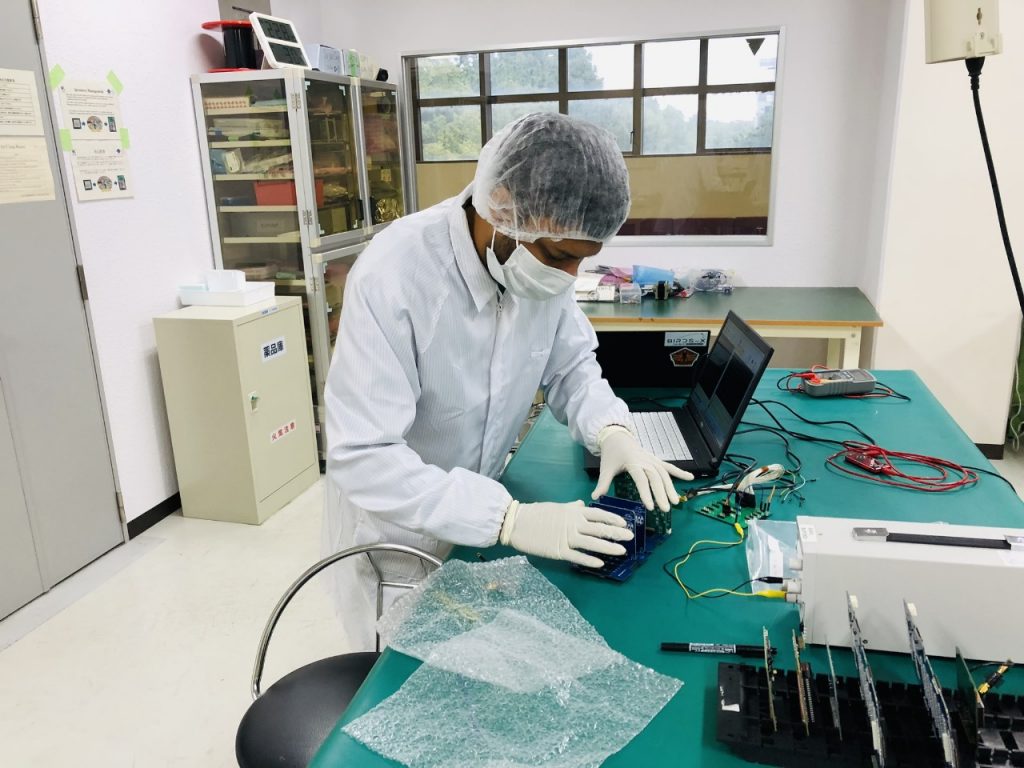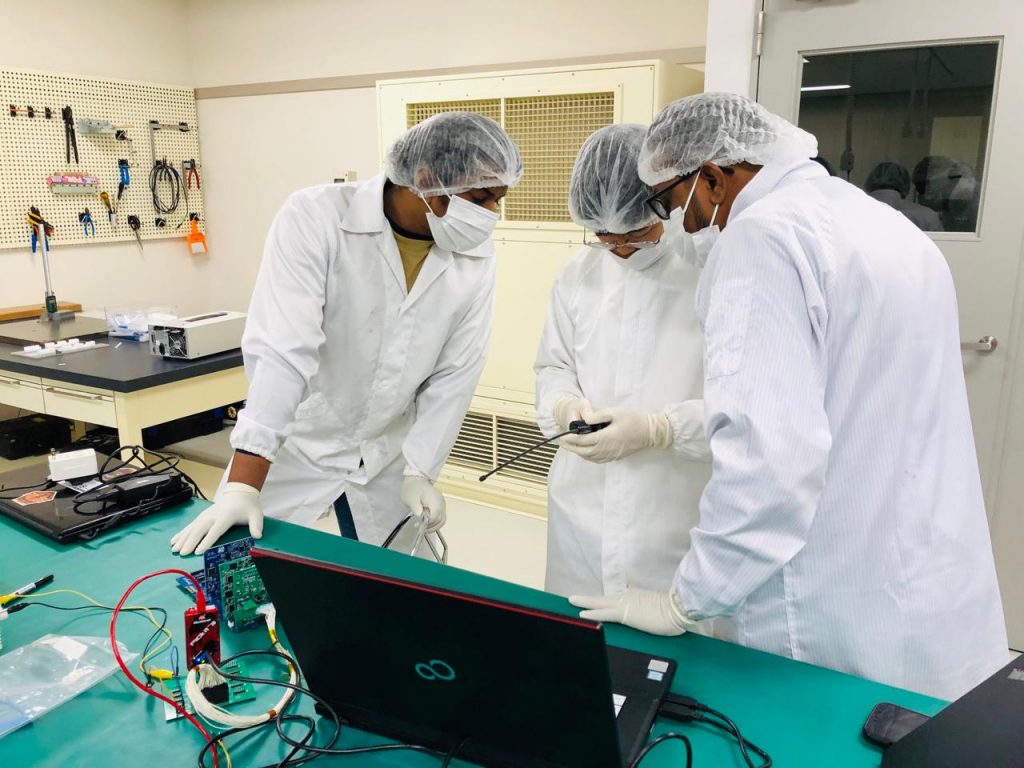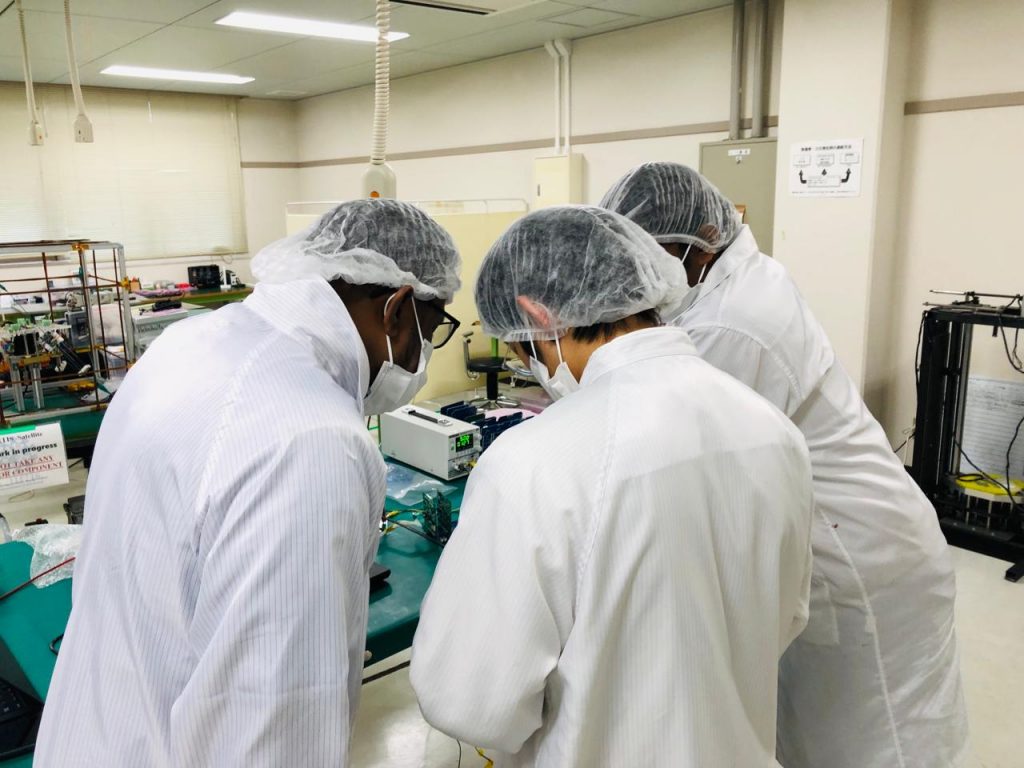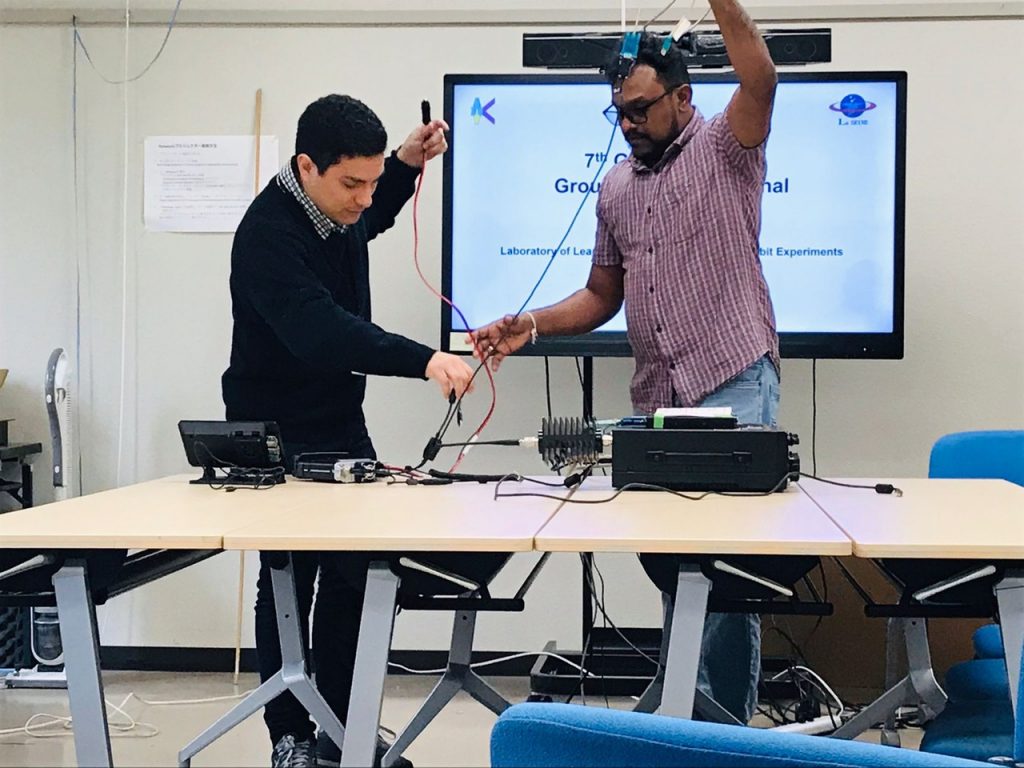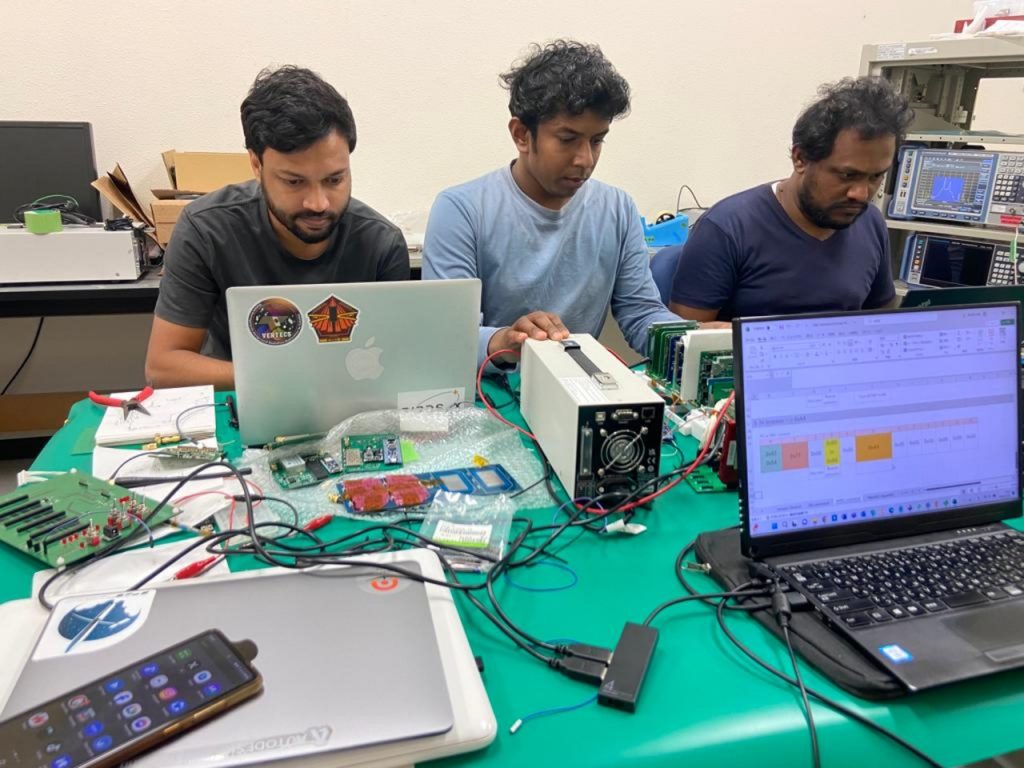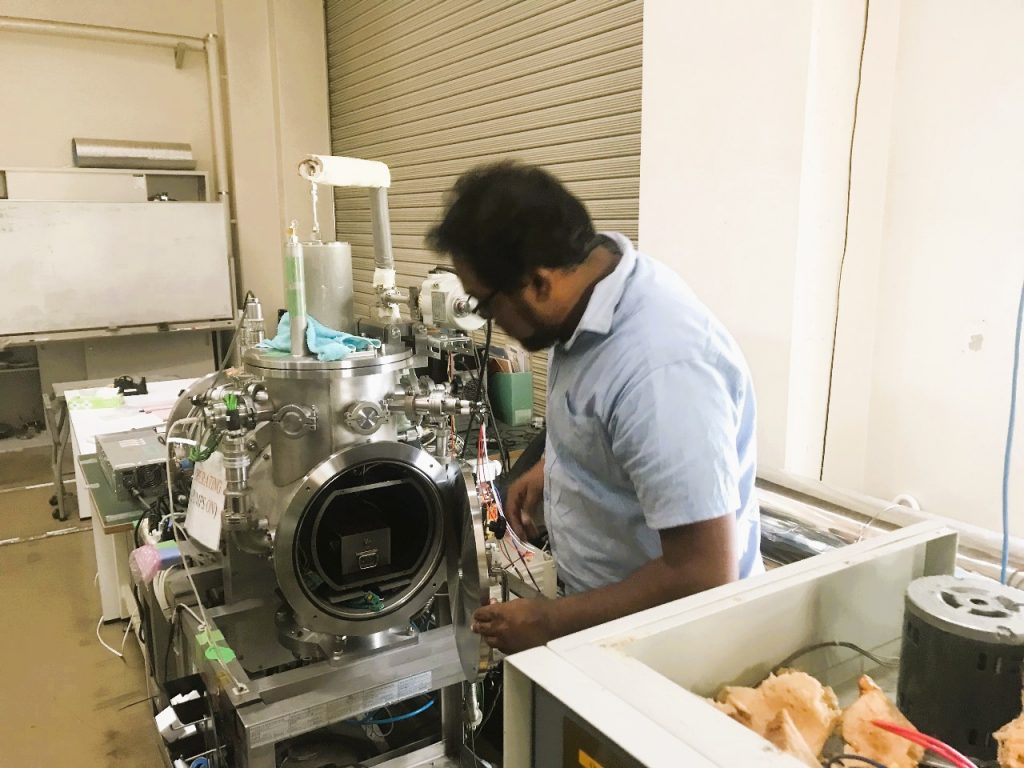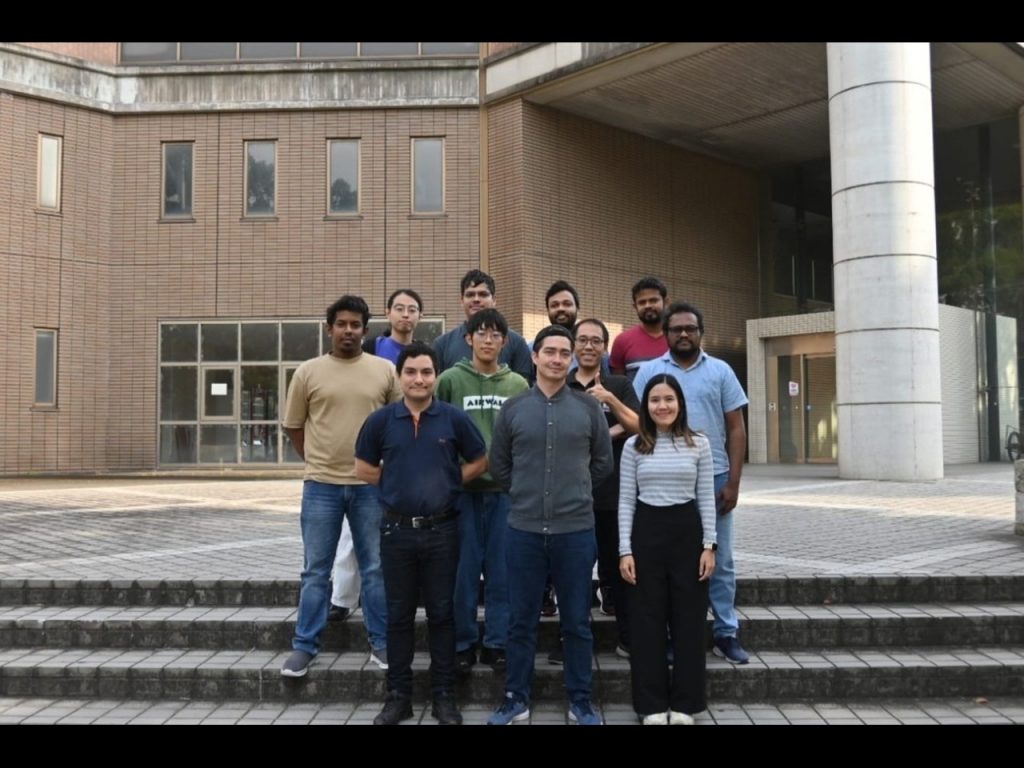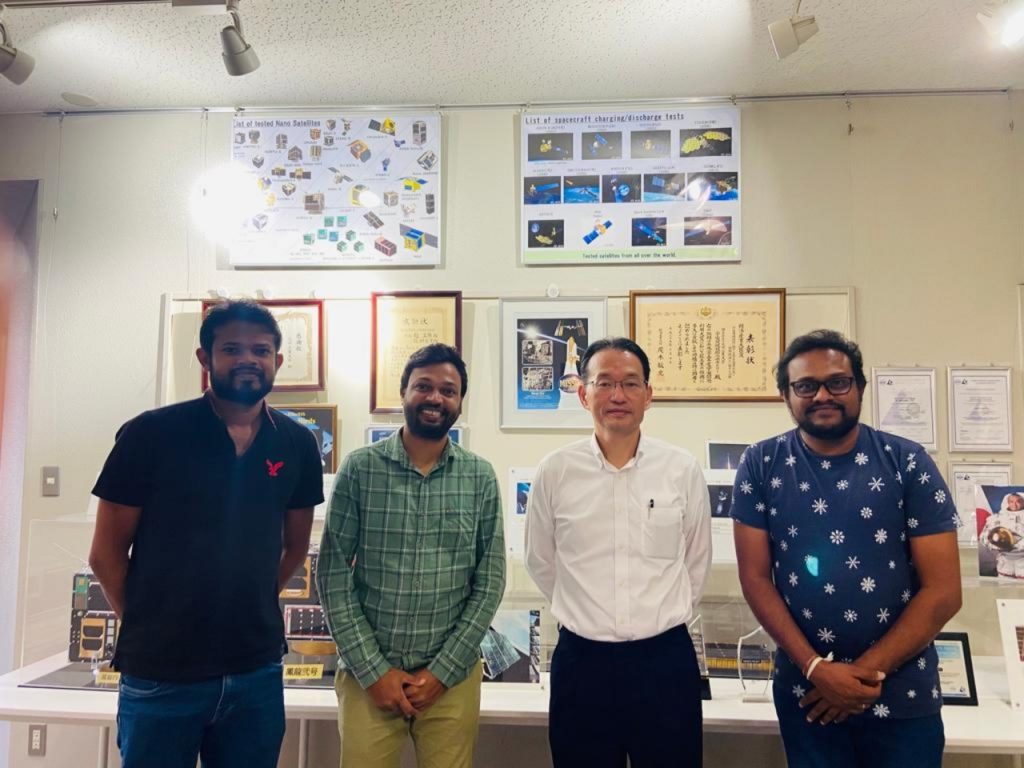A C C I M T
Arthur C Clarke Institute for Modern Technologies
Arthur C Clarke Institute for Modern Technologies
BIRDS-X Dragonfly, Sri Lanka’s third nano-satellite, collaboratively developed by the Kyushu Institute of Technology (Kyutech), Japan, and the Arthur C. Clarke Institute for Modern Technologies (ACCIMT), Sri Lanka, was carried to the International Space Station (ISS) aboard the SpaceX mission SPX-33 on August 24, 2025. The satellite is scheduled to be deployed into orbit from the ISS on 19th September 2025 at 2:15 PM Sri Lanka Standard Time (SLST).
BIRDS-X Dragonfly marks an important milestone in Sri Lanka’s quest for capacity development in space technology, following the country’s first nano-satellite RAAVANA-1 (launched in 2019 as an ACCIMT–Kyutech collaboration) and KITSUNE (launched in 2022 as a five-party international collaborative venture coordinated by Kyutech with ACCIMT as a partner).
Importantly, BIRDS-X Dragonfly comes at no capital cost to Sri Lanka, made possible by the innovative approach adopted by the then Director-General of ACCIMT, Eng. (Dr.) Sanath Panawennage—the founder of Sri Lanka’s Programme for Space Technology Capacity Development—who conceptualized its realization as a Kyutech-ACCIMT technology-collaboration project and secured the consensus of international partners on the basis of strategic and technological contributions from the Sri Lankan team. The project was funded by a grant from the Amateur Radio Digital Communications (ARDC), while its launch and deployment will be facilitated by the Japan Aerospace Exploration Agency (JAXA), supporting the overall mission objective of “bringing diversity to the space sector and democratizing space usage.” Project activities commenced with the signing of a Cooperative Research Agreement by the Director-General of ACCIMT and the President of Kyutech on April 1, 2023.
In-orbit testing of a new communication sub-system design – Testing in the space-conditions a new low-cost UHF transceiver built using commercial off-the-shelf components (COTS), exploring affordable and reliable ground-to-space communications for future Nano-satellite missions.
APRS Digipeater – Provide a satellite-based platform to relay APRS (Automatic Packet Receiving System) messages, enabling global amateur radio operators and researchers to experiment with satellite communication using their own Digipeater designs.
Store-and-Forward Communication – Demonstrate a data relay system where user messages can be uploaded, stored onboard, and later downlinked to ground stations in different regions.

Developed the project concept enabling its realization as a Kyutech-ACCIMT technology-collaboration project, and negotiated its implementation with no capital cost to Sri Lanka. Led the Sri Lankan (ACCIMT) team of research engineers, as the Principal Investigator on the Sri Lankan side.
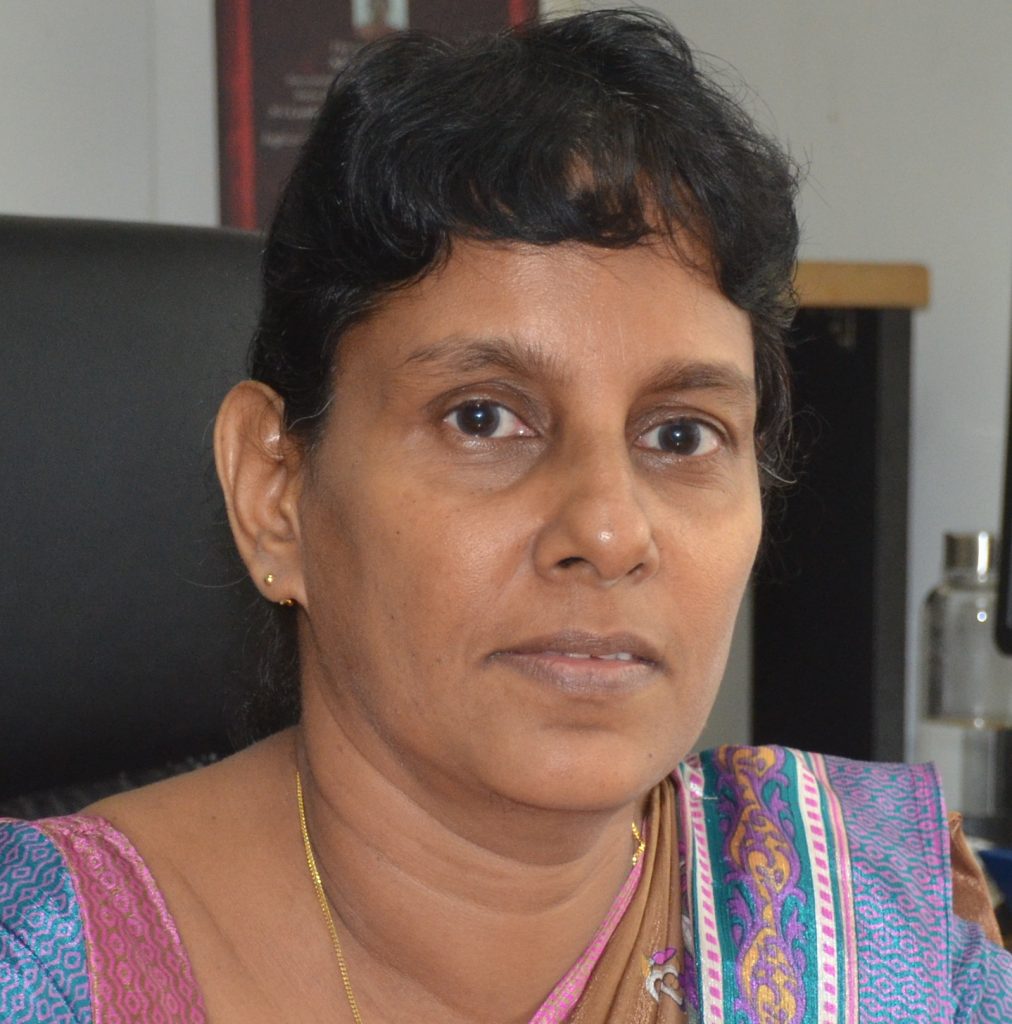
Provided coordination assistance to the Director-General in project administration activities.

Provided general technical guidance to the development team, and assisted the Director-General in project monitoring and management.

Designed and developed the satellite’s main payload—a new UHF transceiver. Developed and tested other subsystems to required standards, introducing necessary modifications, working with both teams. Served as the project mentor for the Kyutech’s development team.

Developed the two ACCIMT-Digipeaters, and tested the satellite sub-systems with Kyutech and ACCIMT teams, gaining advanced capacity-building exposure at Kyutech laboratories. Prepared the ACCIMT ground-station.

Developed the two ACCIMT-Digipeaters, and tested the satellite sub-systems with Kyutech and ACCIMT teams, gaining advanced capacity-building exposure at Kyutech laboratories.

Carried out the structural-analysis of the satellite, and contributed to testing of subsystems, with Kyutech and ACCIMT teams, gaining advanced capacity-building exposure at Kyutech laboratories
Watch the journey of BIRDS-X Dragonfly, Sri Lanka’s third nano-satellite, launched to the International Space Station (ISS) aboard SpaceX SPX-33 on August 24, 2025
Watch a SpaceX Dragon spacecraft dock with the International Space Station after its successful liftoff on August 24, 2025. Among its cargo was BIRDS-X Dragonfly,
